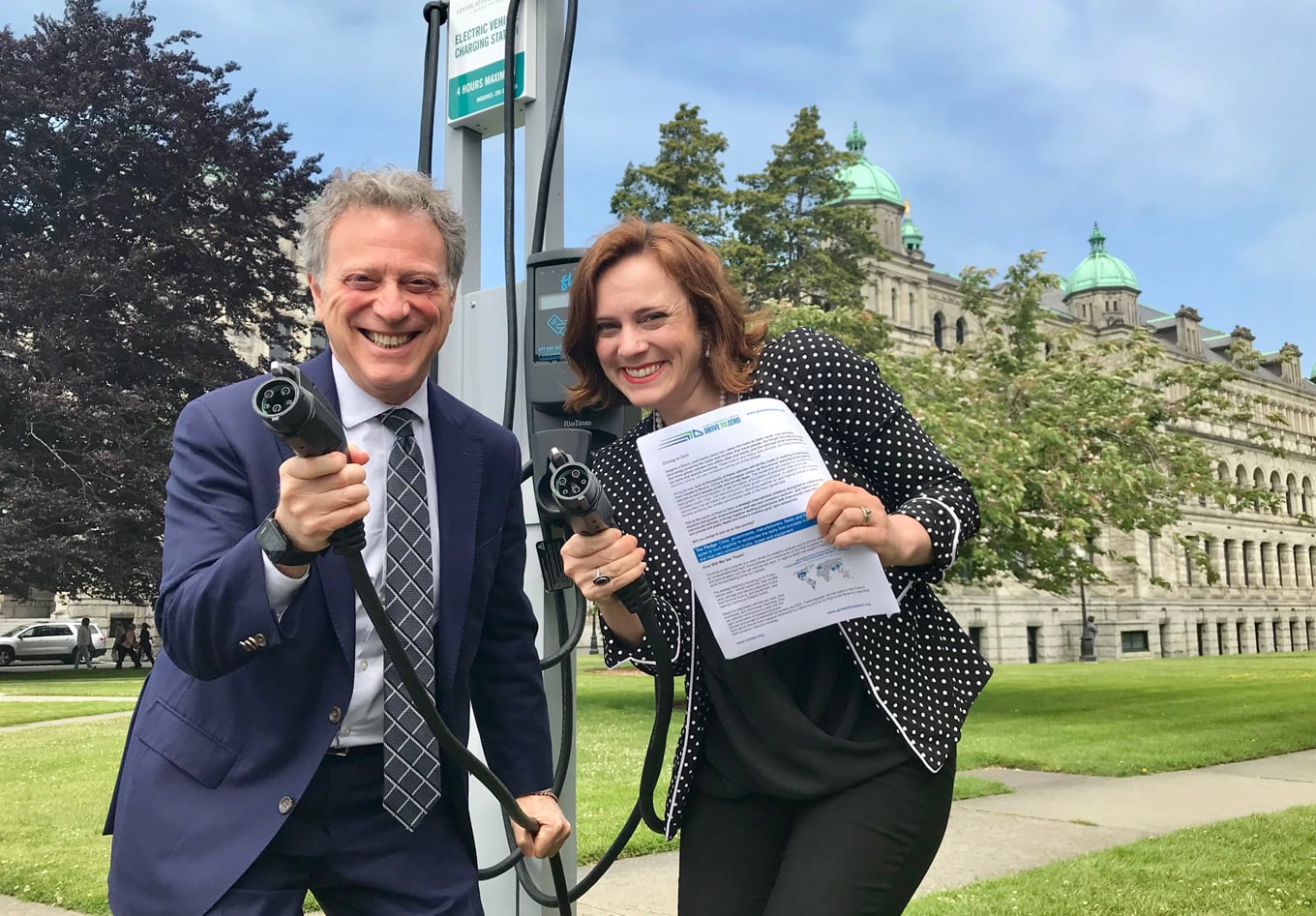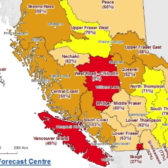Zero-Emission Vehicles Act opens door to clean energy vehicles
The BC Government took another step toward its goal of clean energy vehicles by 2040 by passing the Zero-Emission Vehicles Act (ZEVA), passed on Wednesday in Victoria.
In a media release Wednesday, the ruling NDP said the act means all new light-duty cars and trucks sold in the province will be clean energy vehicles by 2040, delivering on a key commitment the government made in its CleanBC plan.
“With federal and provincial rebates now in place, switching to an electric vehicle is more affordable than ever,” said Michelle Mungall, Minister of Energy, Mines and Petroleum Resources in the media release.
“The Zero-Emission Vehicles Act will make sure British Columbia continues to be on the forefront of the clean energy revolution.”
The release said British Columbians are already buying the most zero-emission vehicles per capita in Canada. In the first quarter of 2019, they made up over 6% of new light-duty vehicle sales in B.C. Due to the popularity of its CEVforBC rebate program, the government recently topped up the incentives with another $10 million, part of the $42 million that was committed in Budget 2019.
Zero-emission vehicles use clean energy, improve air quality and cost dramatically less to fuel and maintain. ZEVA will require all new light-duty vehicles sold in the province to be zero-emission vehicles by 2040. This target will be met using a phased-in approach: 10% of new light-duty vehicle sales by 2025, 30% by 2030 and 100% by 2040.
“By requiring that a percentage of vehicle sales in B.C. be zero-emission models, automakers will respond to the demand by offering consumers more choices,” said George Heyman, Minister of Environment and Climate Change Strategy. “Along with greener options like transit, the increased adoption of zero-emission vehicles will help lower emissions in our transportation sector.”
The BC Liberals voted in favour of ZEVA legislation, but ague the act will prove to be ineffective.
The Liberal party said the fact businesses can move to Alberta if they are not interested in joining the zero-emission movement is not the best for BC. The party climate change critic also said the credit system, where there is no limit on credits manufacturers can purchase to circumvent targets to be compliant, is a loophole.
The Liberals also said car manufacturers are making great strides in reducing emissions and should not have those vehicles outlawed.
CleanBC is a pathway to a more prosperous and sustainable future. CleanBC was developed in collaboration with the BC Green Party caucus and supports the commitment in the Confidence and Supply Agreement to implement climate action to meet B.C.’s emission targets.
Quick Facts:
- The government’s commitment to bring in a ZEV mandate was announced on November 20, 2018 and ZEVA was introduced in the legislature on April 10, 2019.
- Zero-emission vehicles include battery electric, plug-in hybrid and hydrogen fuel-cell vehicles.
- ZEVA is based on other laws already in effect in Quebec, California and nine other U.S. states.
- ZEVA applies to new vehicles for retail sale or lease, with annual requirements for automakers to meet starting for model year 2020.
- British Columbians who purchase electric vehicles typically save about 75% on their fuel and maintenance costs, which currently add up to about $1,500 per year.

























